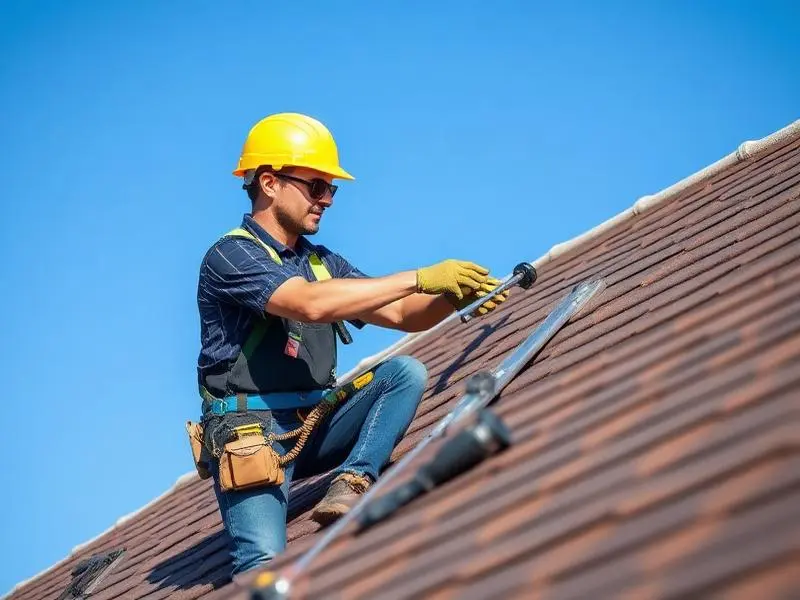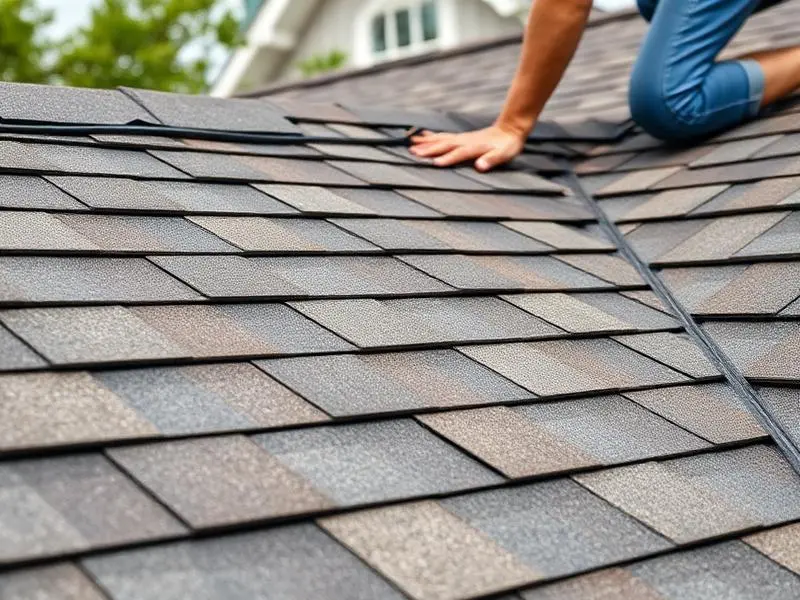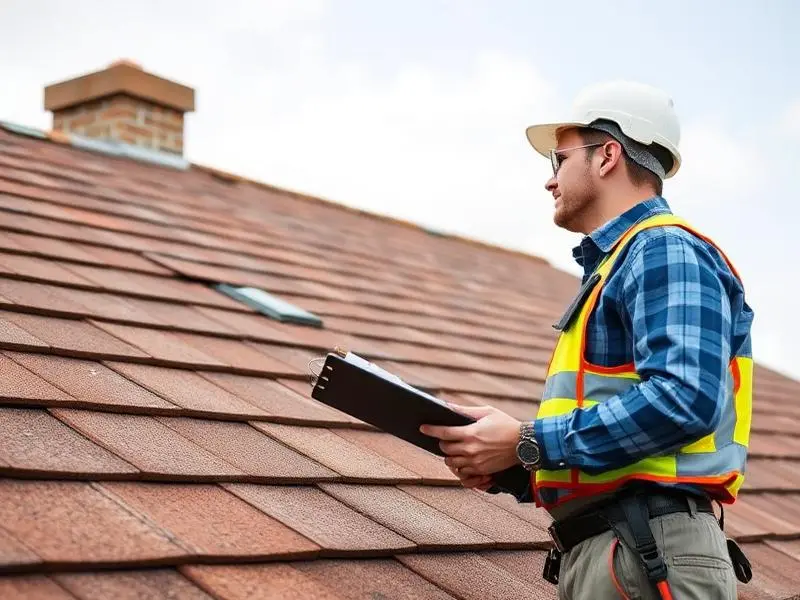Quality Materials
We use products designed to seal, waterproof, and weatherproof your structure effectively.
Timely Service
Efficient project completion with minimal disruption to your daily routine.
Professional Work
Experienced contractors dedicated to quality installation and customer satisfaction.
Our Roofing Services
Specialized in new installations and complete roof replacements for residential properties

New Roof Installation
Complete installation of quality roofing systems designed to protect your home for years to come.

Roof Replacement
Full roof replacement services using durable materials that seal and weatherproof your structure.

Professional Consultation
Expert guidance on selecting the right roofing solution for your property and budget.
Frequently Asked Questions
Find answers to common questions about our roofing services
We provide professional roof installation, full replacements, residential and commercial roof repairs, storm damage response and emergency tarping, roof inspections, gutter and flashing replacement, ventilation and insulation upgrades, and installation options including asphalt shingle, metal, tile, and flat roof membrane systems.
Costs depend on roof size and pitch, material choice, existing roof removal, structural repairs, local permit fees, accessibility and disposal, and labor; after a free inspection we provide a detailed written estimate so you know material and labor breakdowns before work begins.
Timelines vary by scope: small repairs or emergency patches can be same day, a typical asphalt shingle replacement for an average home usually takes 1 to 3 days, while larger or more complex roofs, custom details, or multiple structures can take up to one to two weeks from start to finish.
Yes, we normally handle building permit applications and coordinate required municipal inspections as part of the service so work complies with local codes; permit requirements vary by jurisdiction, and we will include any permit fees in your estimate when applicable.
Most projects include manufacturer warranties for materials, which vary by product and can range from limited 20-year to lifetime coverage, plus a separate workmanship warranty from the installer that covers labor and installation defects for a defined period, typically 1 to 10 years; specific terms are included in the written contract.
Insurance coverage depends on the cause of damage and your policy terms; insurance often covers sudden damage from storms, hail or fallen trees but not normal wear and tear; we can assist by documenting damage, providing repair estimates, and communicating with your insurer if you choose to file a claim.
The best material depends on budget, architectural style, local climate and longevity goals: asphalt shingles are cost-effective and common, metal offers long life and wind resistance, tile or slate suits hot or coastal climates and specific aesthetics, and single-ply membranes work well on flat roofs; we’ll recommend options after an on-site assessment.
We offer emergency response to secure your home, which can include temporary tarping, water mitigation recommendations, and rapid repair or replacement scheduling; we document all damage for insurance purposes and prioritize safety to prevent further interior damage.
Please clear vehicles and personal items from the driveway and yard, remove fragile items from attic and walls near work areas, trim low branches that impede access, and secure any pets; we will place ground protection and use magnetic sweepers to collect debris and protect landscaping.
Request a free on-site or virtual inspection; the written estimate will include scope of work, recommended materials, timeline, permit and disposal fees if applicable, warranty details, payment terms, and options for upgrades or financing to help you compare choices and make an informed decision.